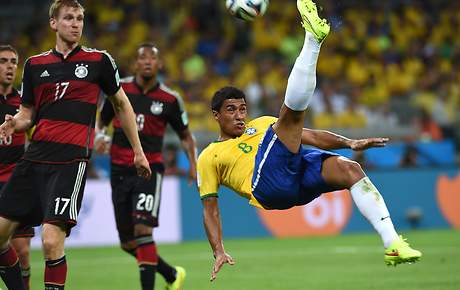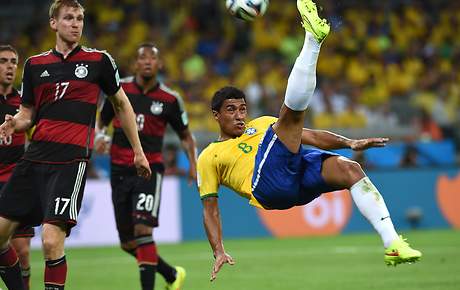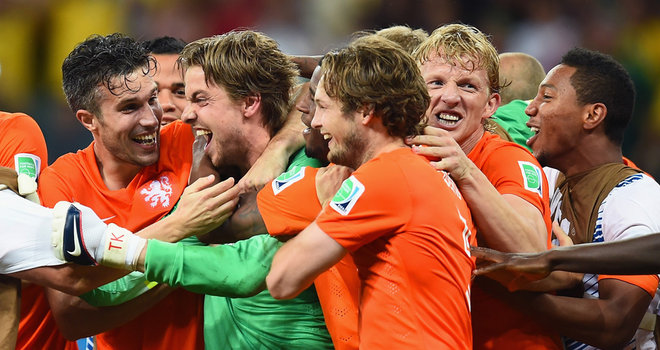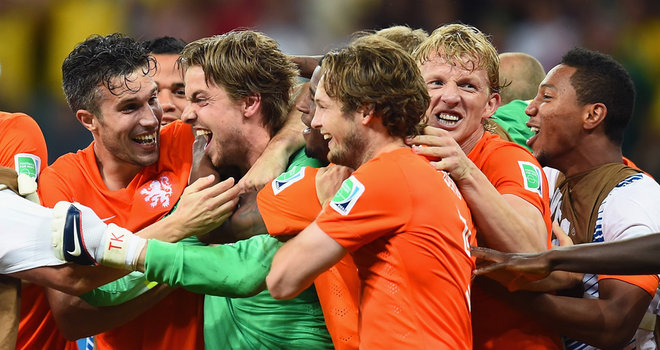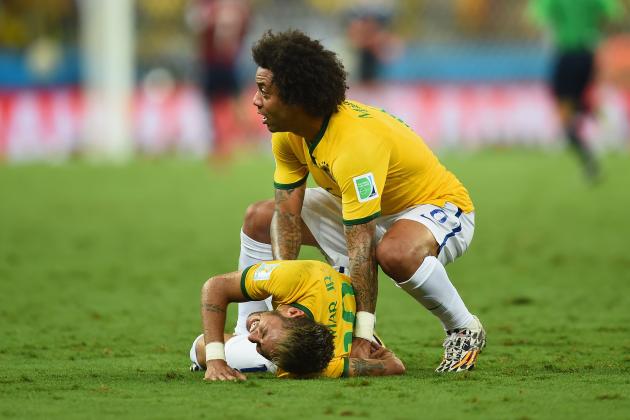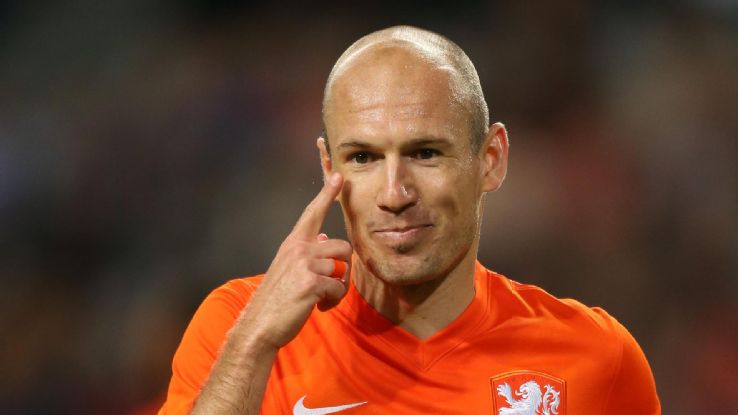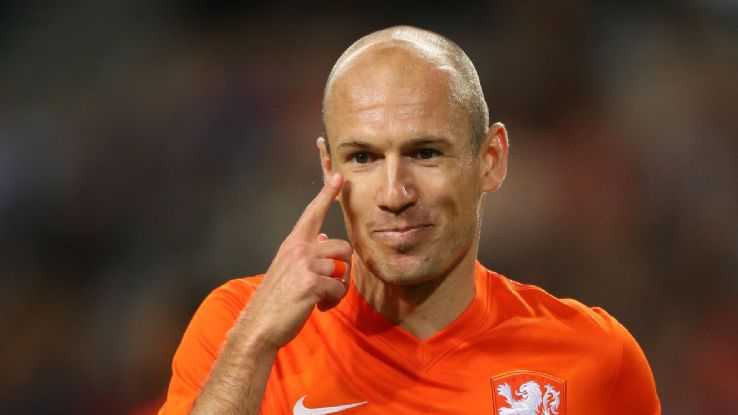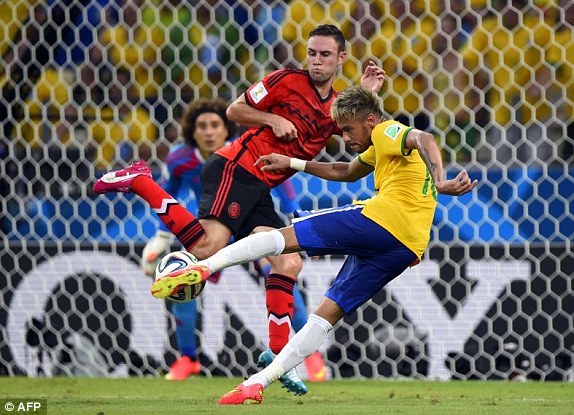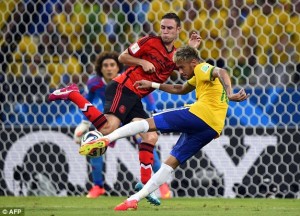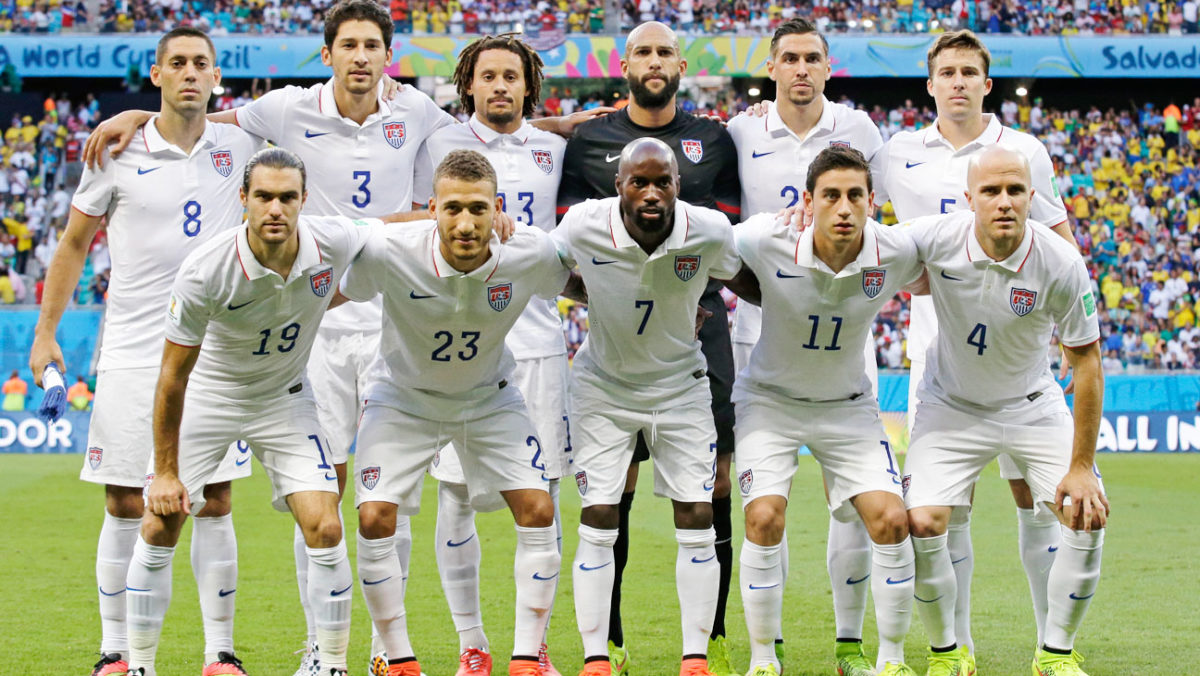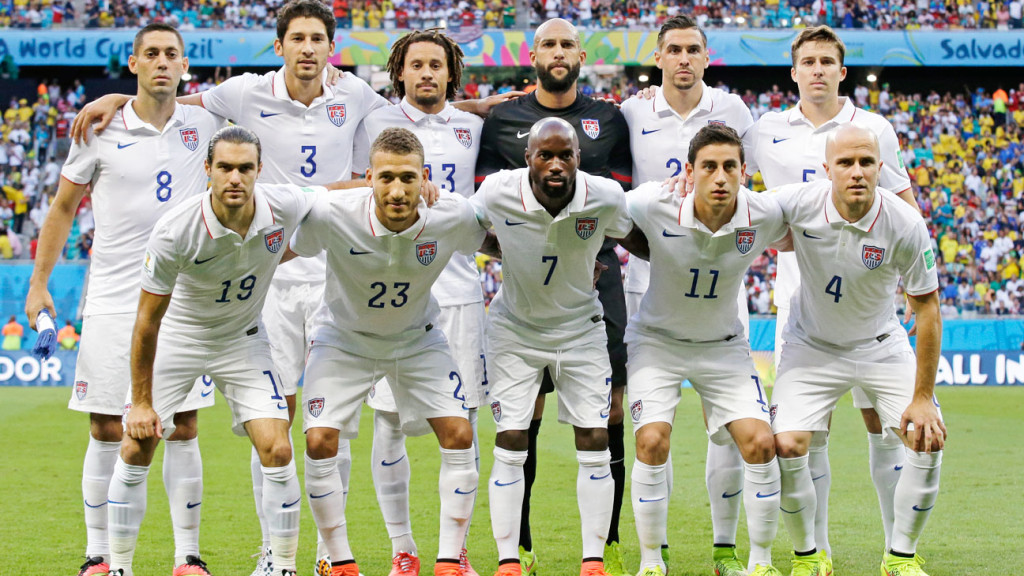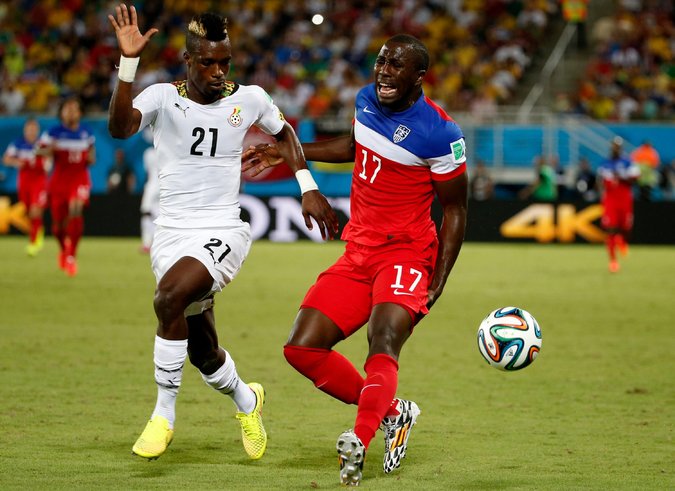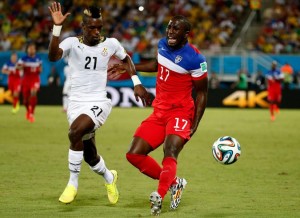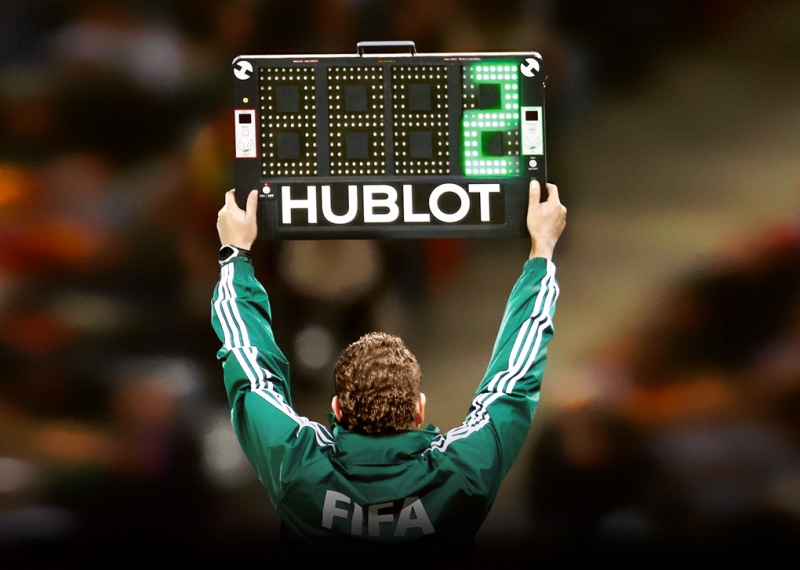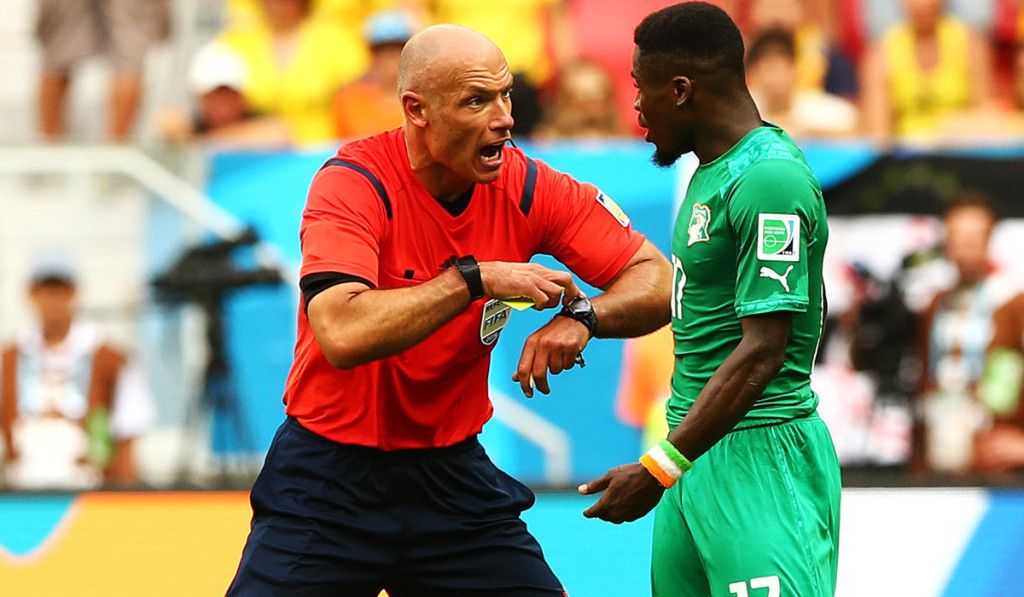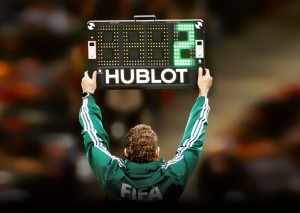A month and a day after the World Cup began, we’re down to two teams, Germany and Argentina. It’s been the most exciting World Cup I can remember and I hope they produce a championship game today worthy of the tournament. I put together a few notes about the game for those of you who have been following the tournament and for people who are planning to tune in today for the first time.
If you’ve been following the tournament:
The game starts at 3:00 pm on ABC. WARNING WARNING WARNING — this is an hour earlier than the games have been starting. Adjust your routine accordingly lest you miss the first half. Why they changed the time, I have no idea, but it’s probably JUST TO TRICK US.
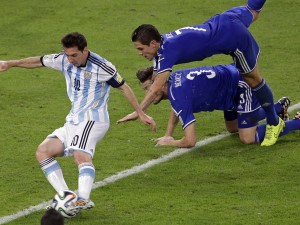
The game is being billed as “the best team against the best player” with Germany being the team and Argentina’s Messi being the best player. This is a clever analysis because it manages to insult literally every player on both teams except Lionel Messi. “Hi, German player,” it says, “you are not as good as Messi.” “Hi, Argentinian player,” it says, “you are an afterthought being supported solely by Messi’s brilliance.” Another way of expressing this would be to say that both teams are great, but that if you were to rank the individual players by skill, Messi would be the clear first on the list. After him would be five or six Germans before you finally saw another Argentinian. Soccer is one of the most collective games, so I won’t be surprised if the team with more better players beats the team with the best player.
Am I the only one who always feels a little let down before a championship game? Maybe it’s because the teams I have been rooting for (the United States and the Netherlands) are eliminated. Or maybe it’s because the World Cup, which I love so much, will be over in just a few hours. Or maybe it’s just because by the time you get to a final game there are only two potential winners which is so much less fun than four, eight, sixteen, or thirty two potential winners.
If you’re just tuning in now:
Today’s game is the sixty fourth and last game in the World Cup. The World Cup starts with thirty two teams who play a round robin in groups of four to determine who makes it through to the knockout round of sixteen teams. Those sixteen teams play a single elimination tournament, like March Madness but smaller and arguably more mad, until only two remain. Those two teams, Argentina and Germany, will play today to determine a World Cup Champion that gets to rein over the soccer playing world for the next four years. In 2010, almost a billion people watched the Championship game which dwarfs the 111 million who watched the Super Bowl this year.
You may be wondering why people like soccer. The reasons vary, of course, but I think it’s because it is really hard to score, and because of that you often get a tremendous buildup of tension as a viewer before an enormous eruption of joy when your team does score, and because it has the most teamwork and free-flowing movement of any game.
That’s all very good, but why is soccer so liberal and why do the players dive so much? The connection between liberal politics and soccer is mostly confined to the United States. In other countries, like Argentina and Germany, for instance, soccer spans the full political spectrum. In many countries, soccer is a political forum, but various professional teams will often be lodestones for different political parties. As for the diving, there are two main factors that play into it. First, there’s only one ref on the field to watch 22 players. Compared to three refs for 10 players in NBA basketball or seven for 22 in NFL football, the soccer ref has a nearly impossible task. Because it’s so much harder for a ref to see everything, players are more likely to be able to trick them by pretending to be fouled. Fouls also play a bigger role in the outcome of a soccer game than most other sports because soccer is so low scoring. If you can win a penalty kick by pretending to be fouled in the penalty box, or convince the ref to give an opposing player a red card, that may very well be the difference between winning and losing. Diving in soccer is more effective and more important than in other sports.
— — —
Whether you’re a die-hard soccer fan, someone who has been casually enjoying the month-long World Cup, or someone who is planning on watching the game today just to feel united with 1/7th of the world’s population, I hope you enjoy the game!

